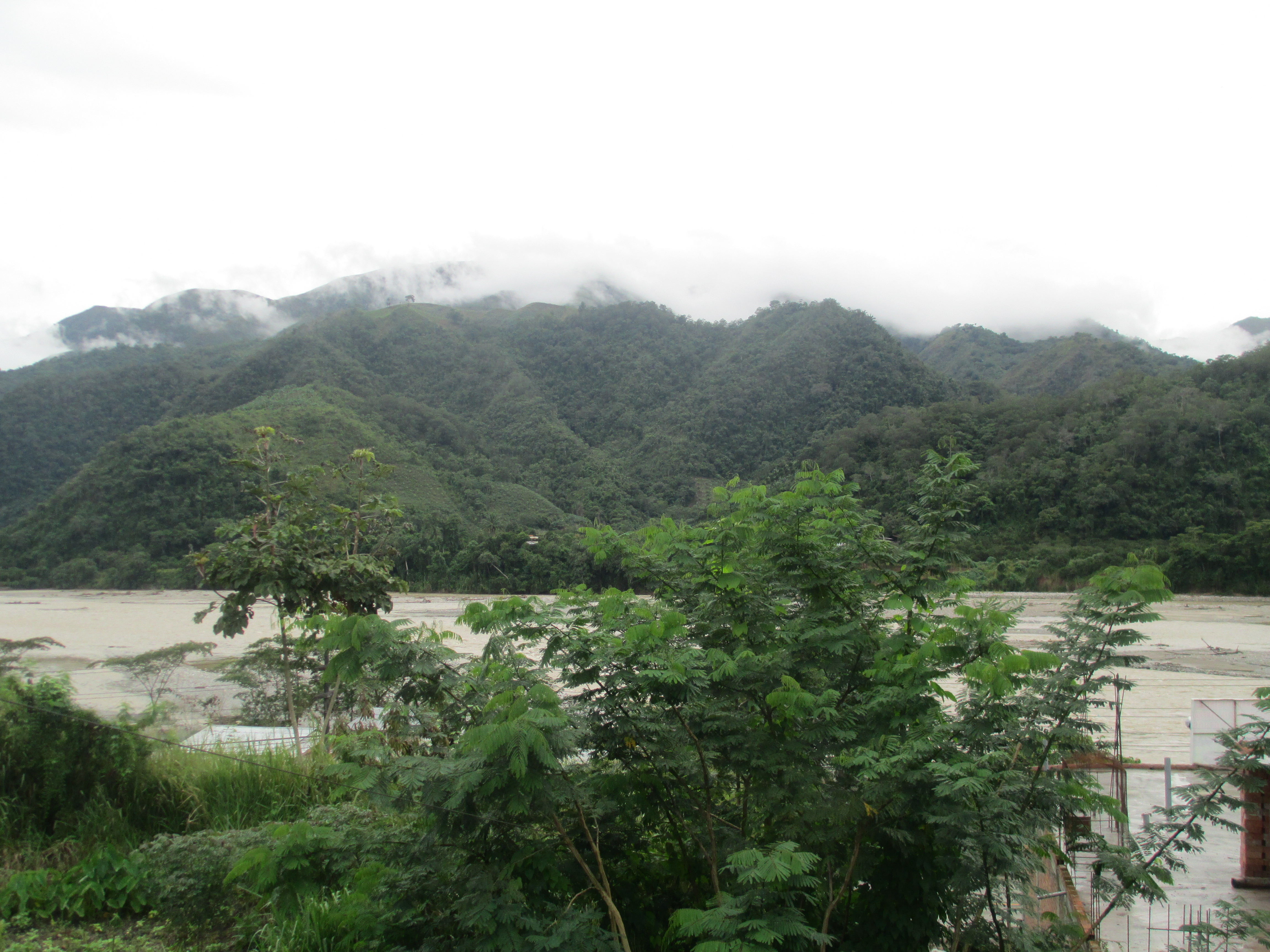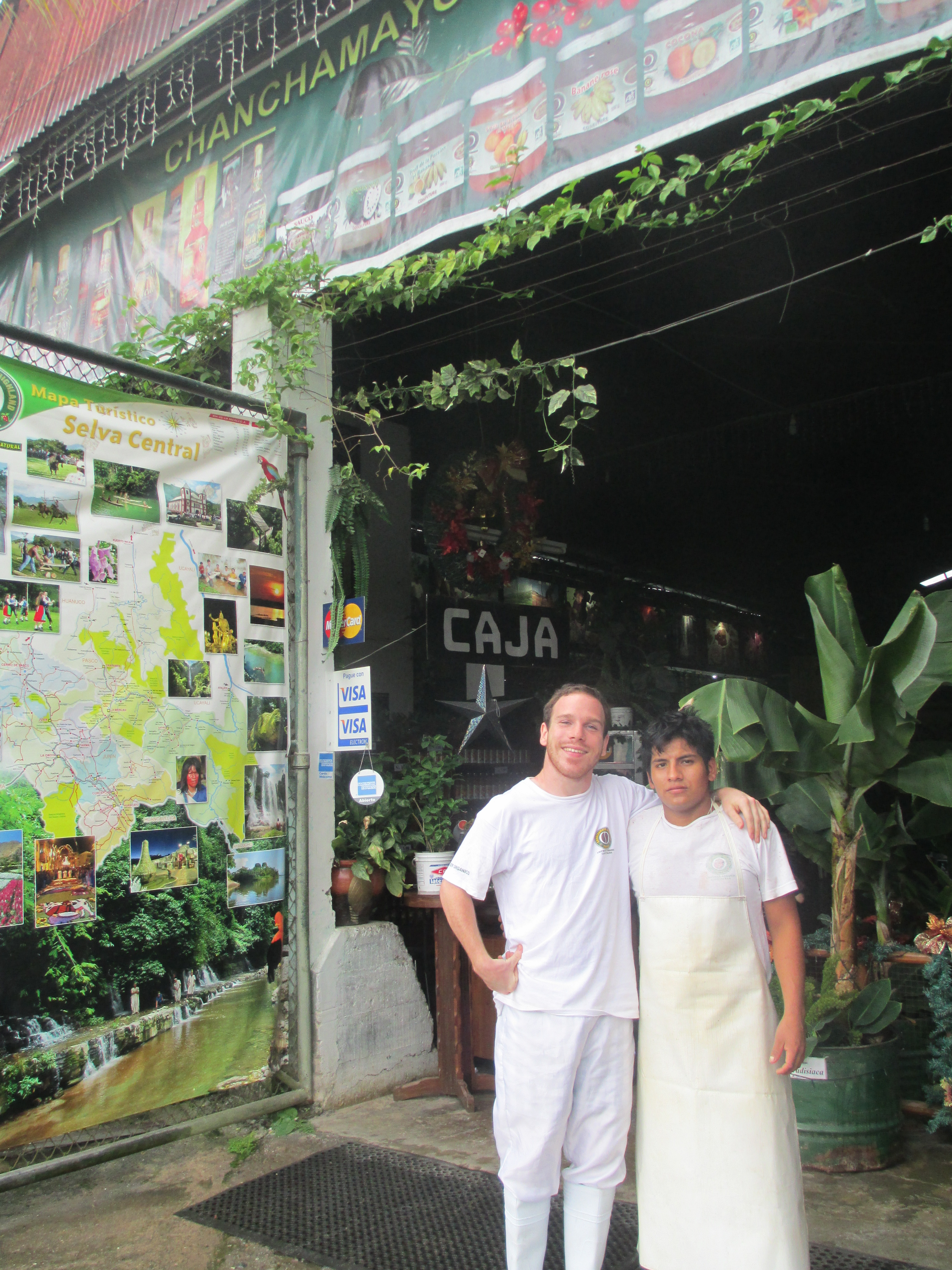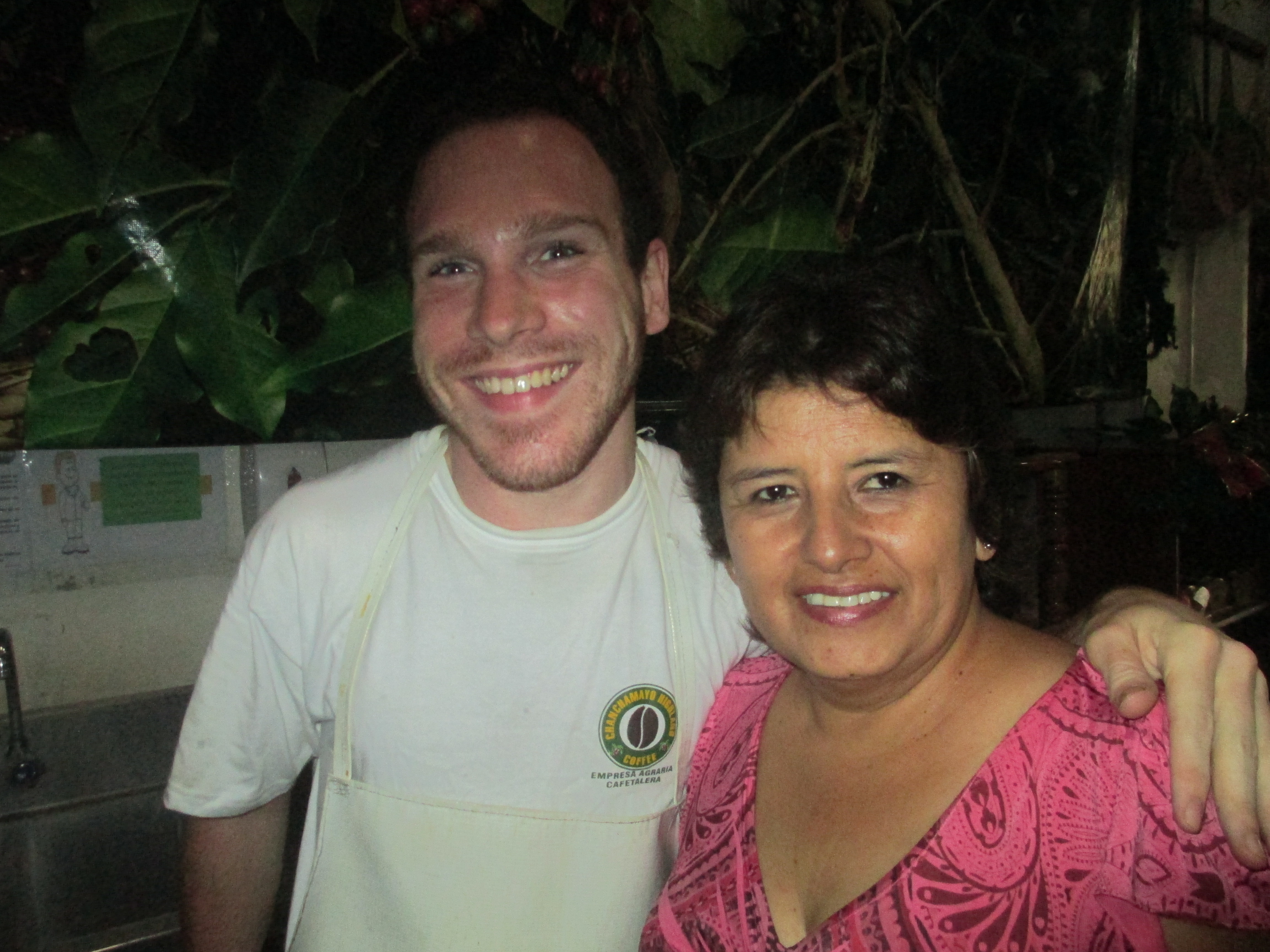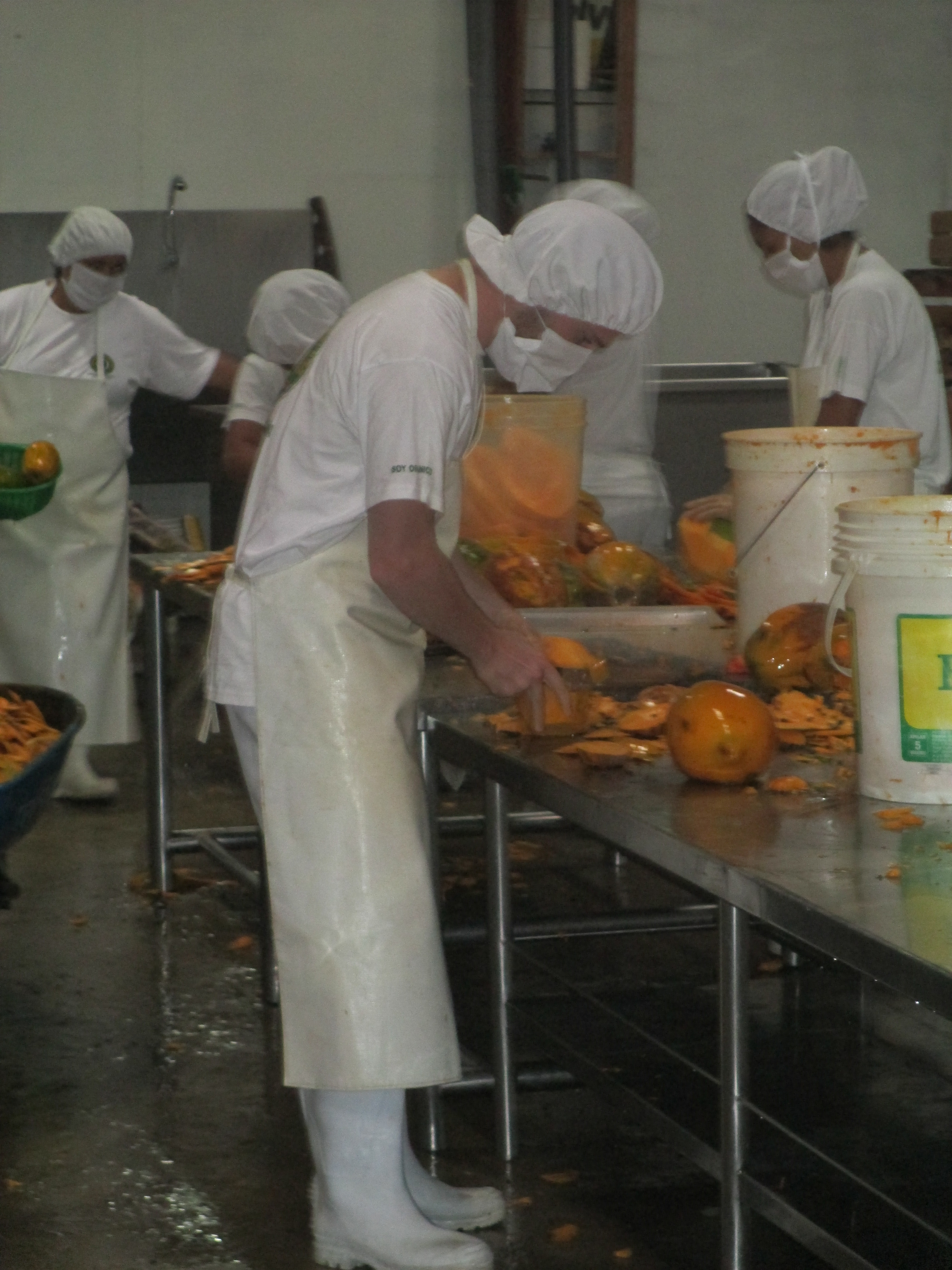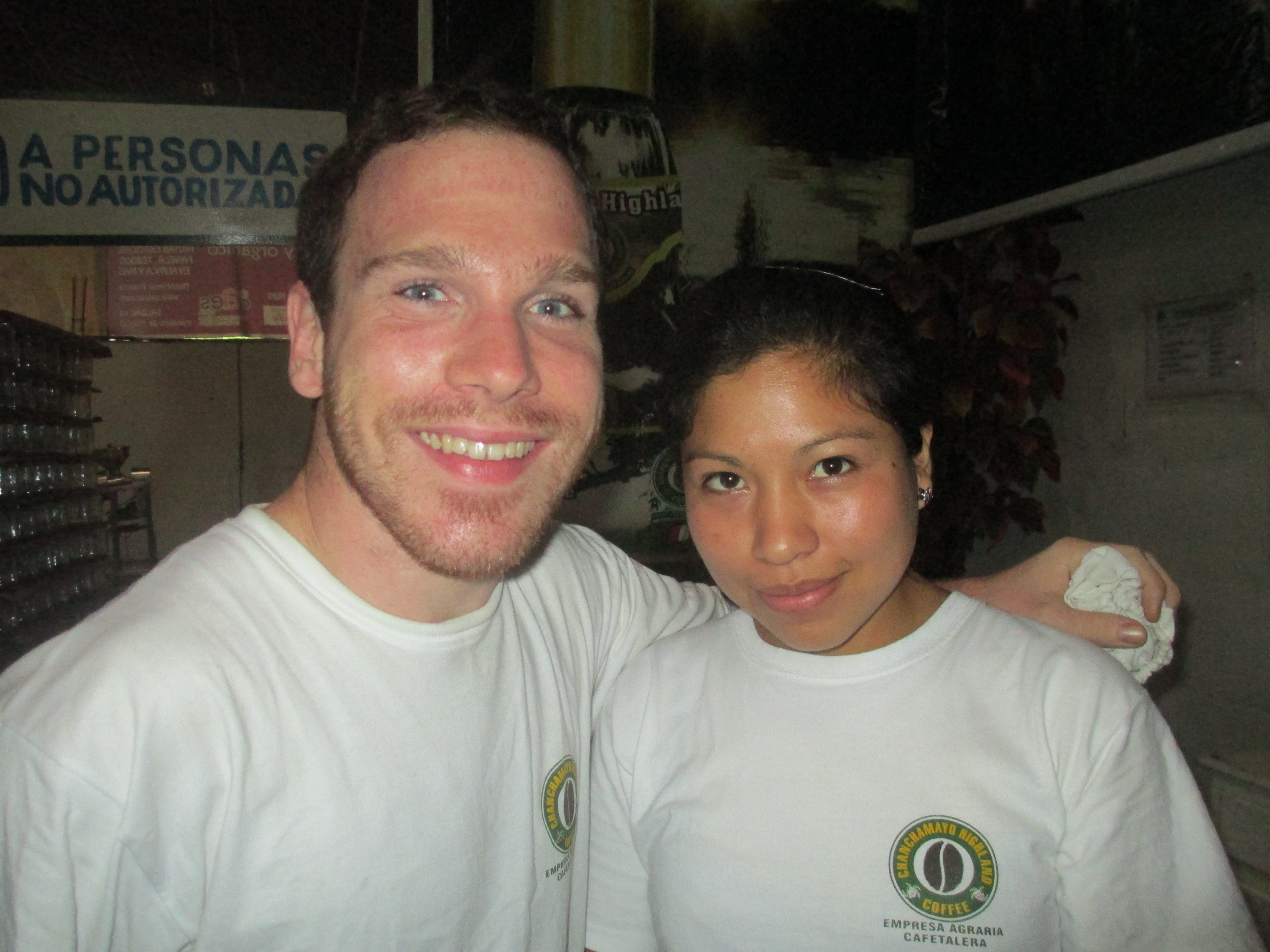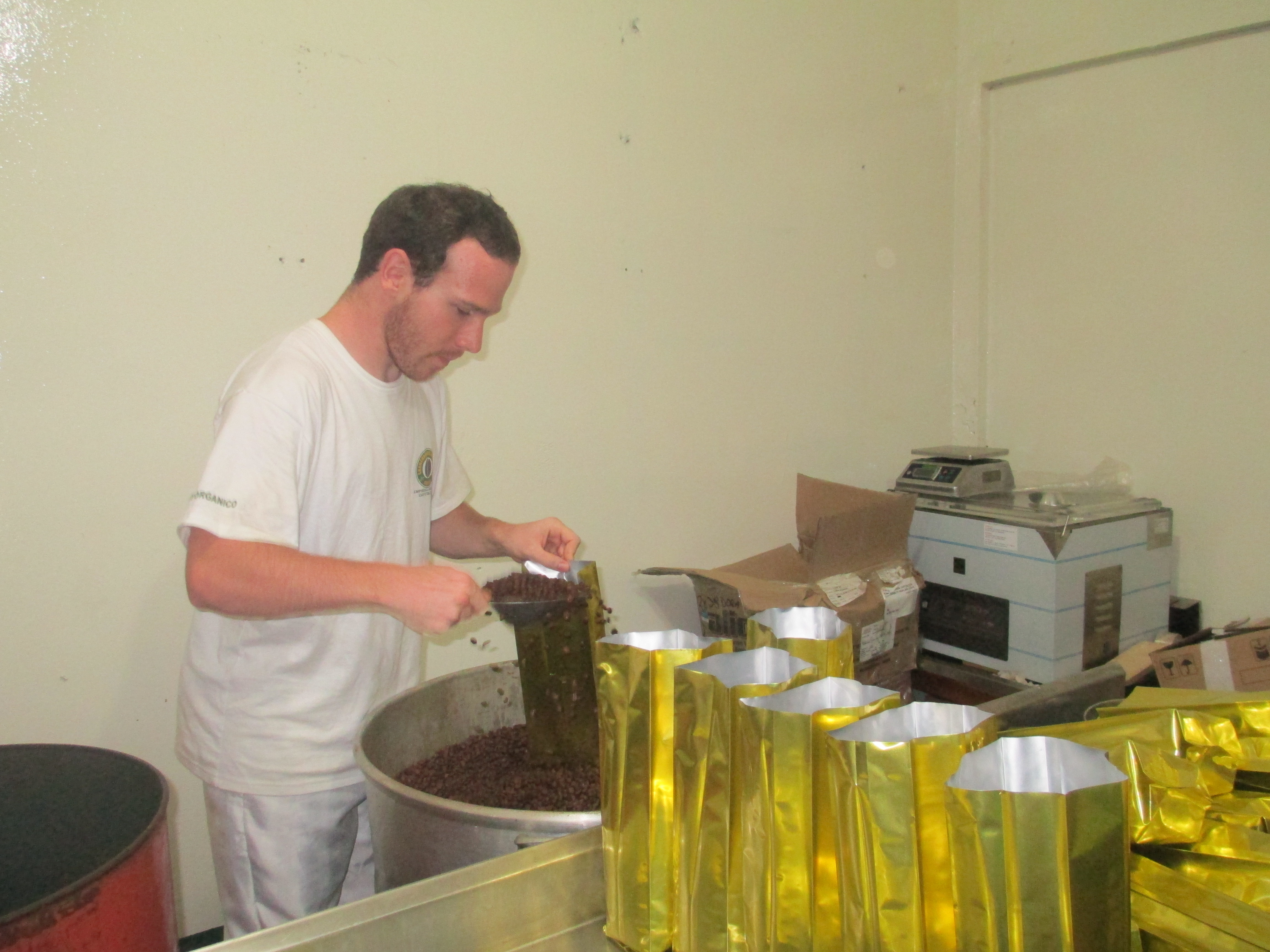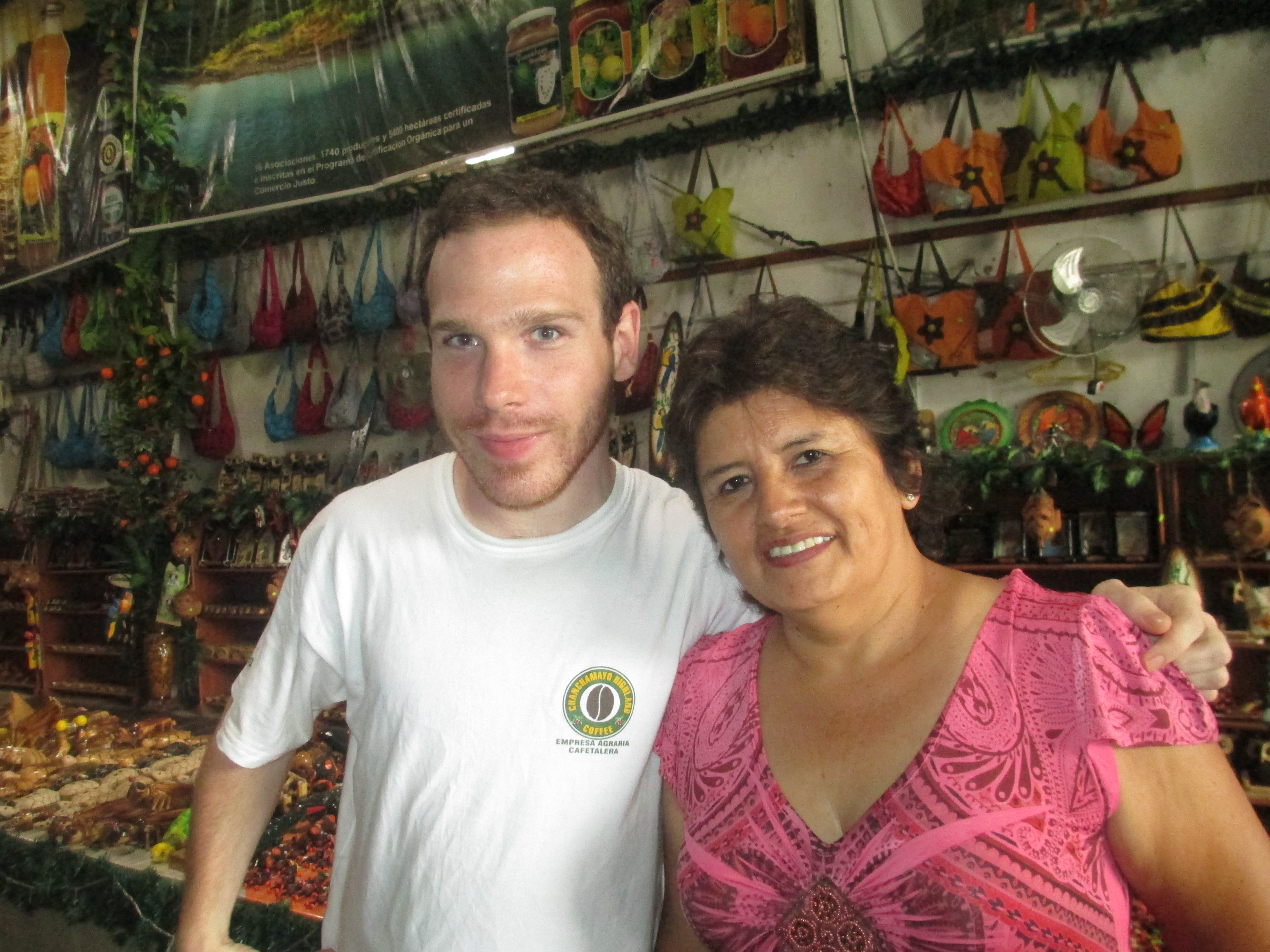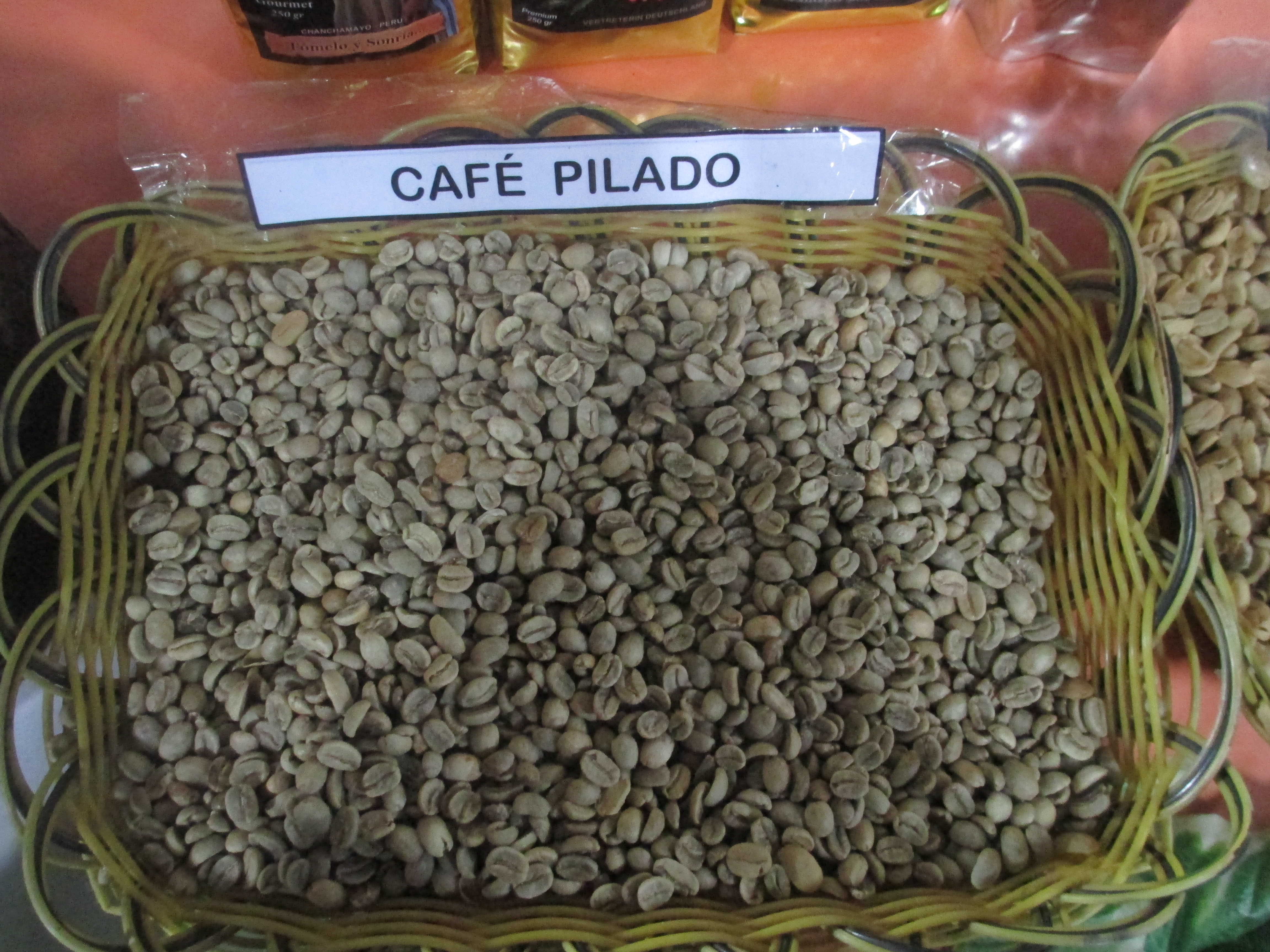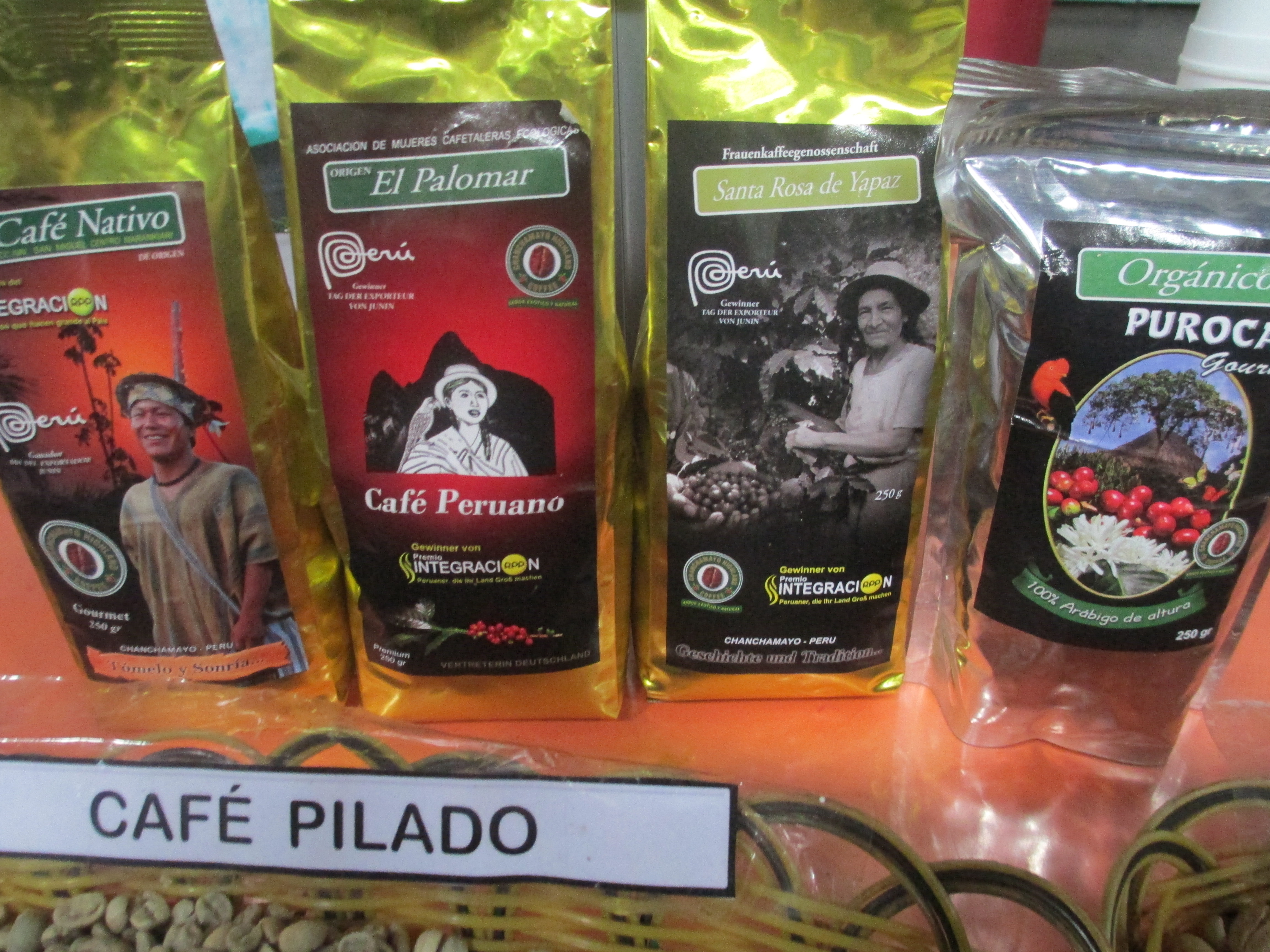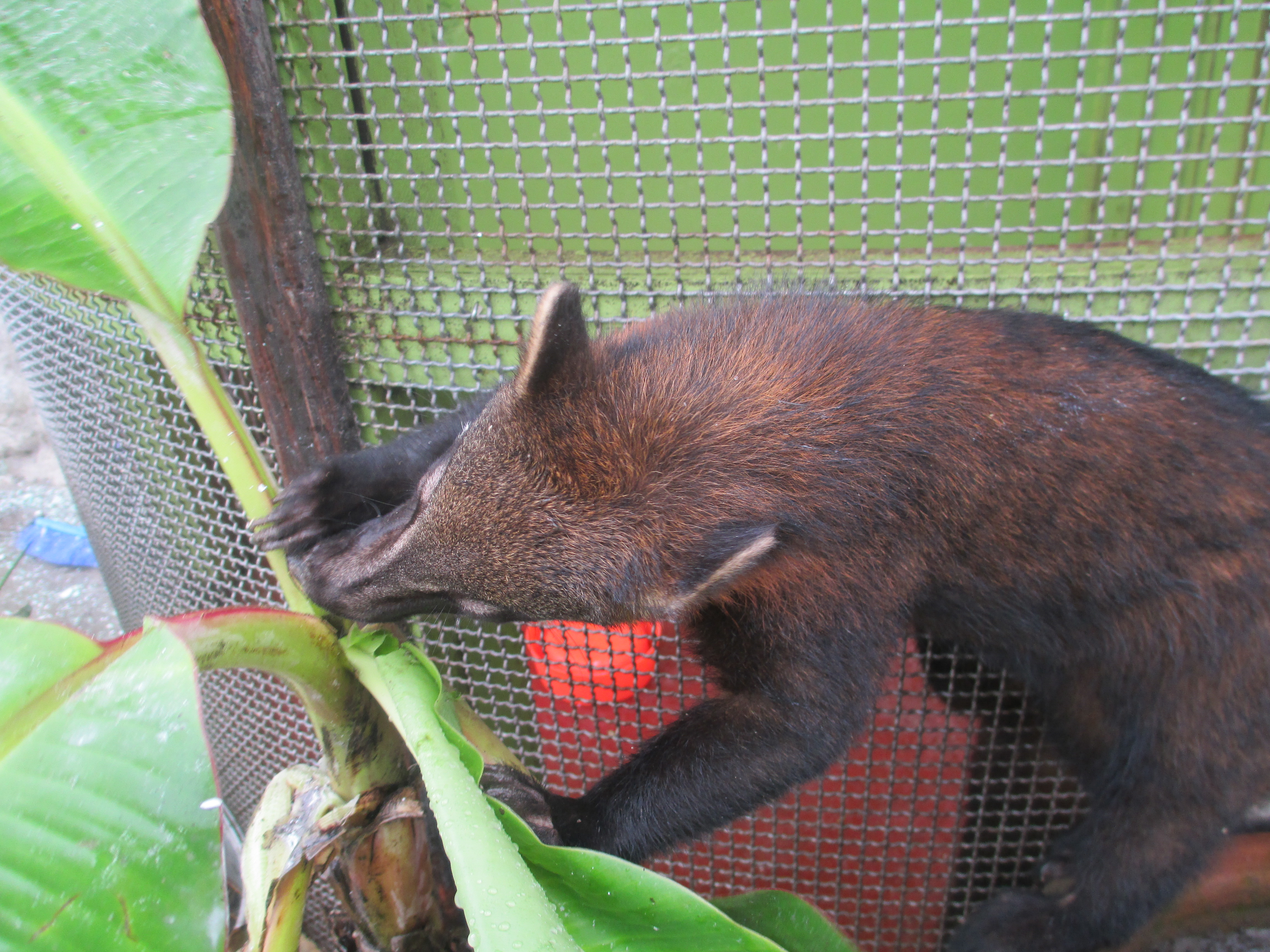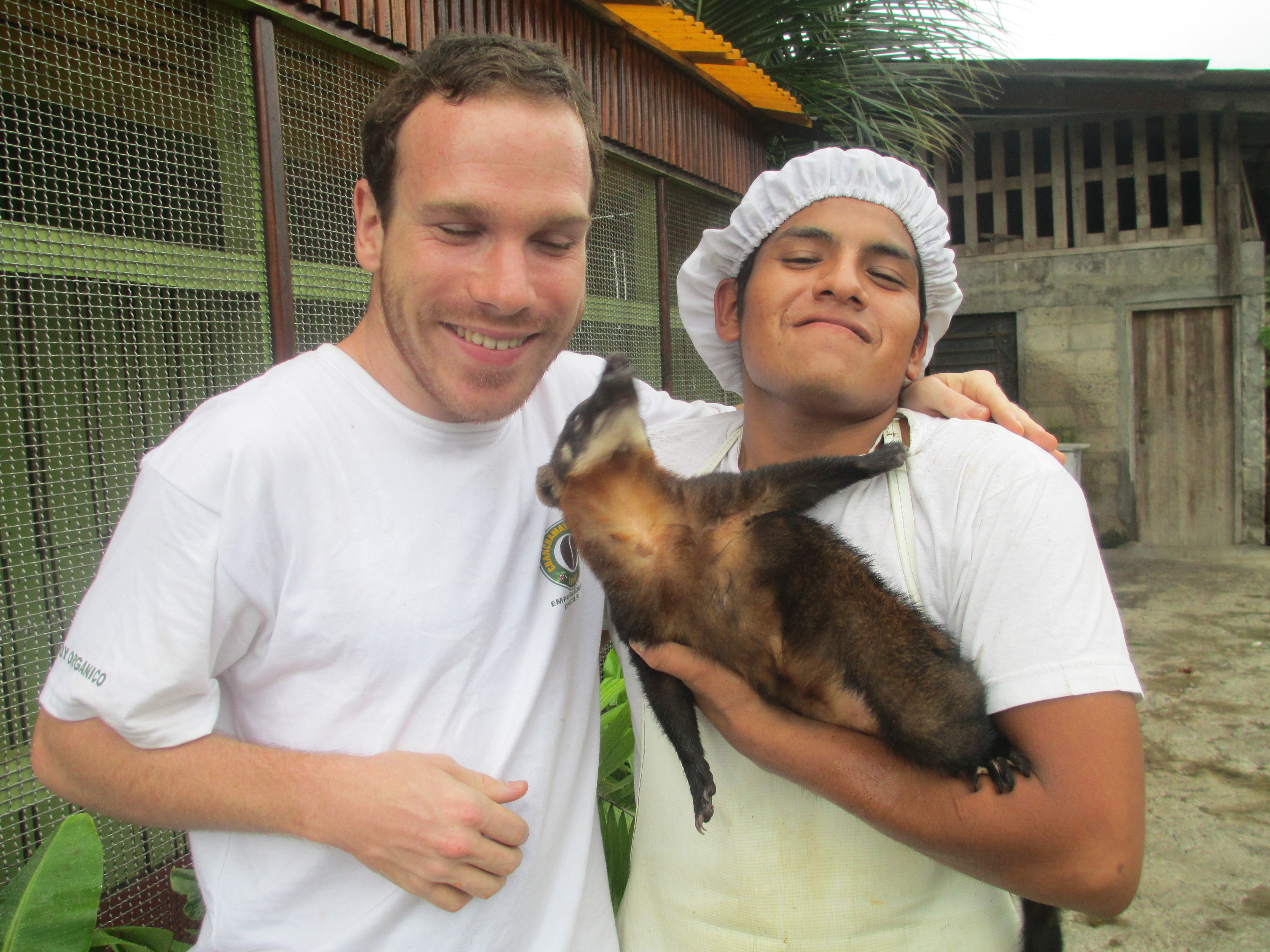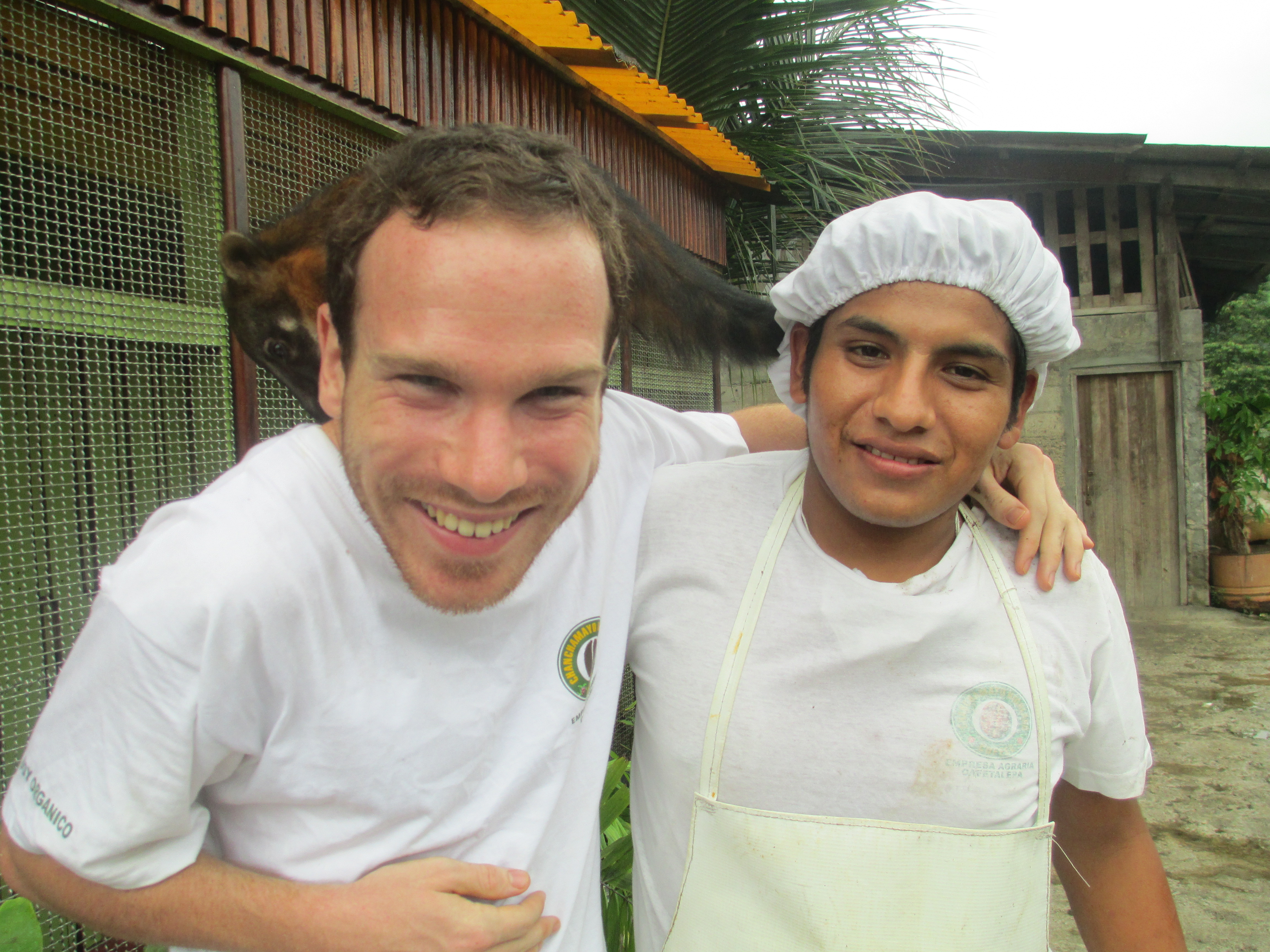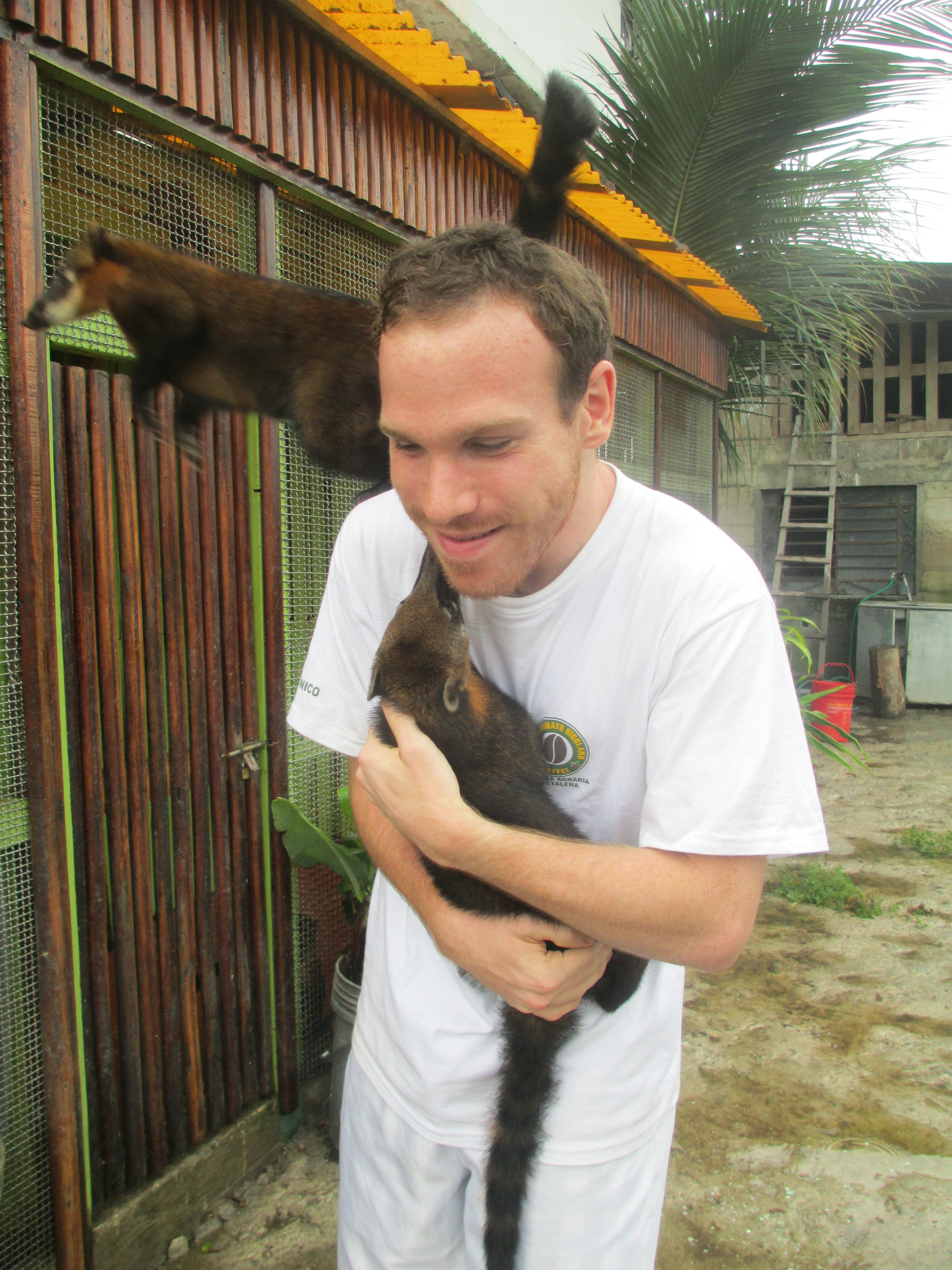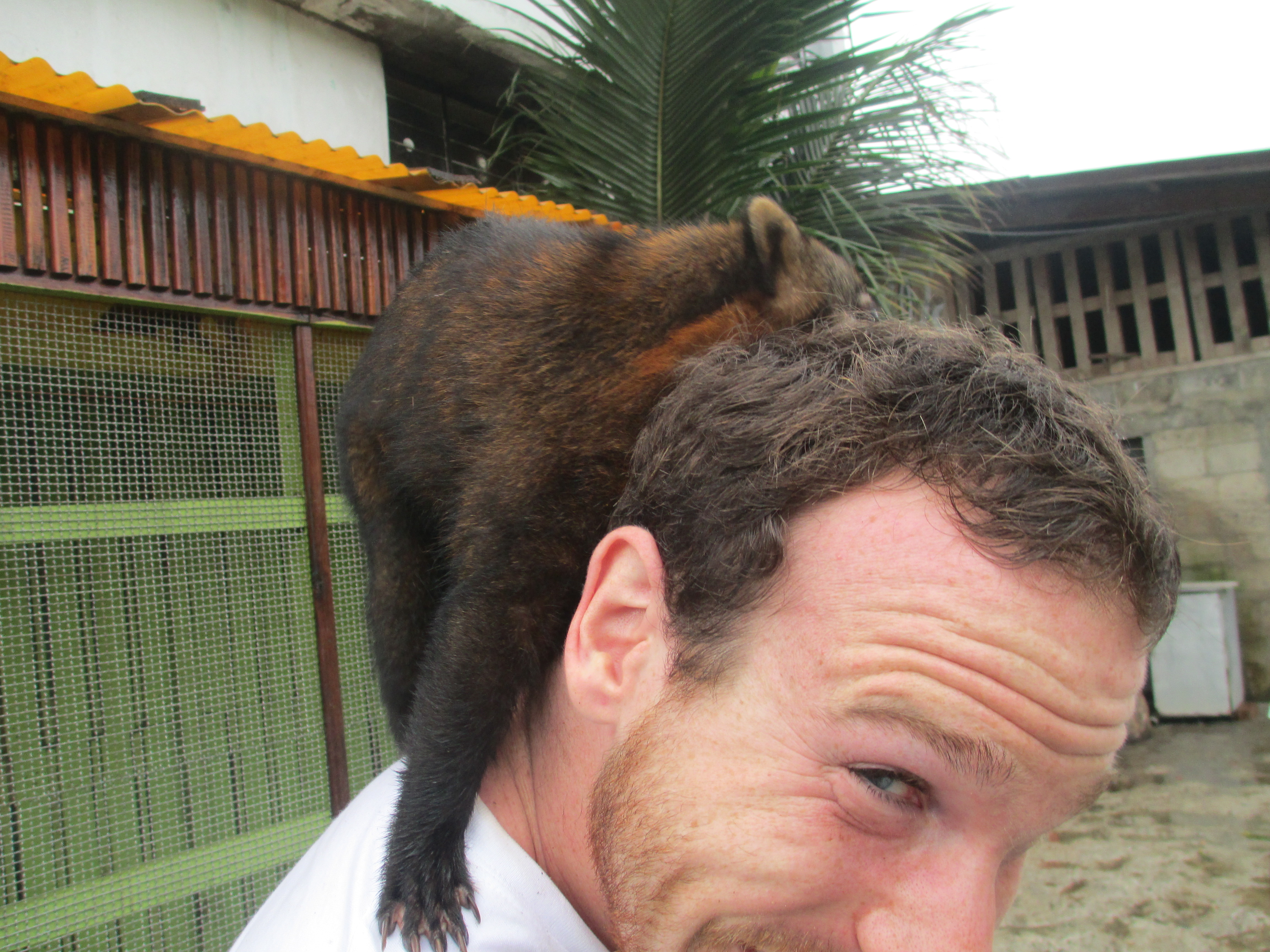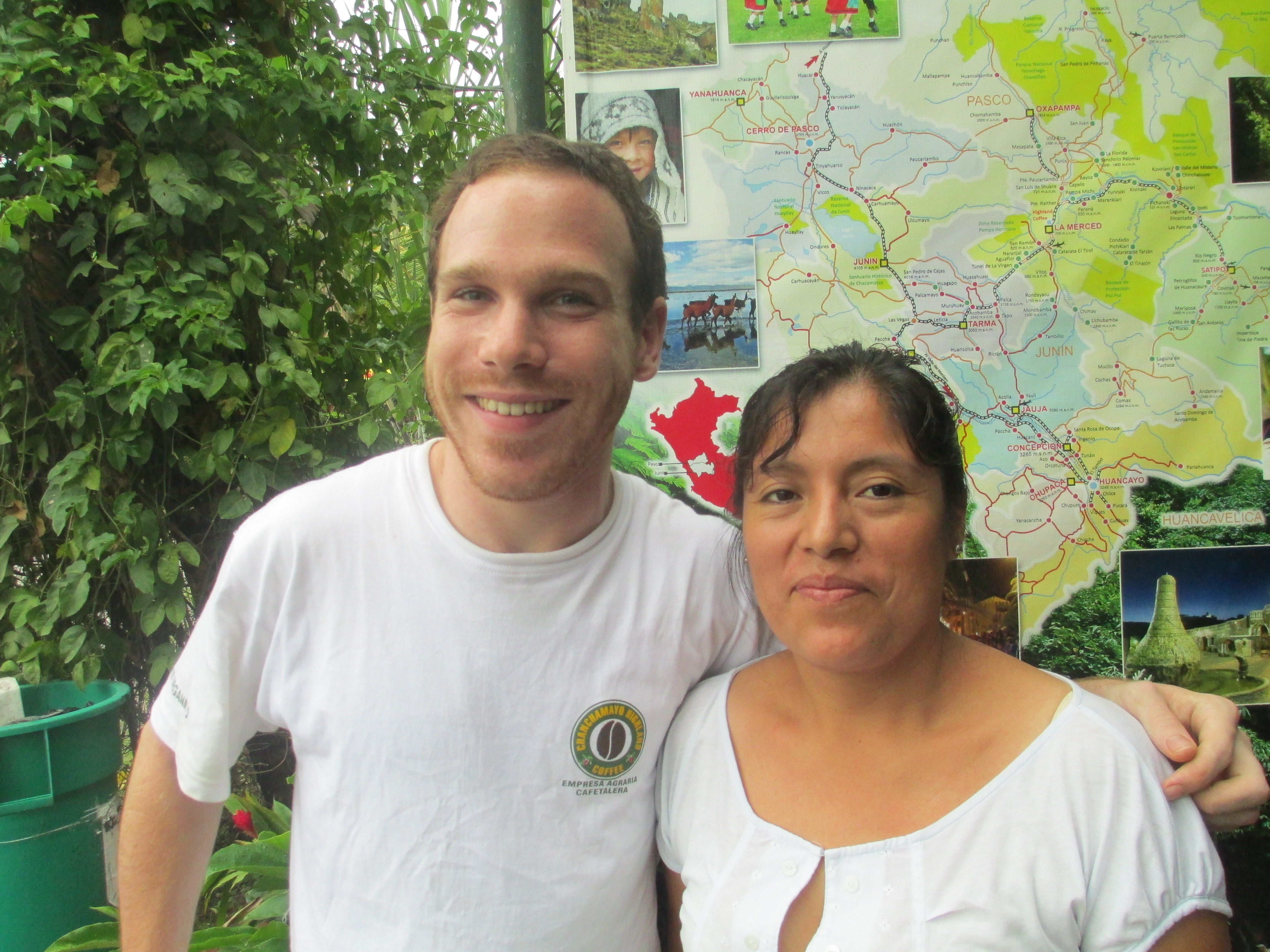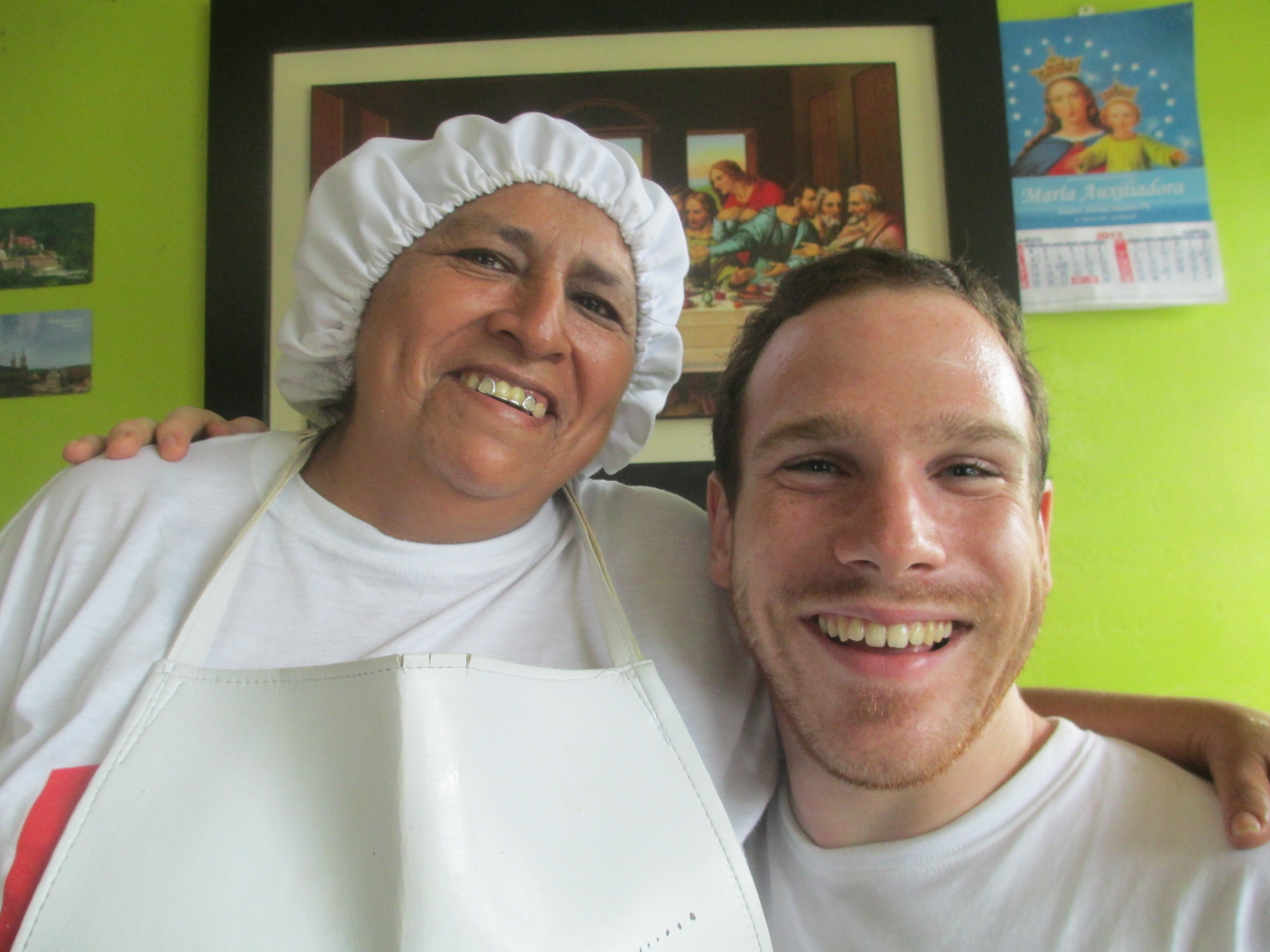Trade
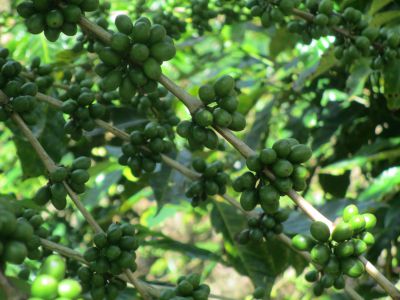
Alex is volunteering at Chanchamayo Highland Products in the Selva Central (Central Rain Forest) of Peru. Societies have always traded the goods they have in abundance for the goods that are scarce or otherwise unavailable to them. In the developing world, the prevailing pattern has been to export raw materials — gold, copper, cotton, bananas — to earn income. This income is then used to purchase finished products — electronics, autos, clothing — from industrialized nations. The problem with this arrangement, from the perspective of the Global South, is that countries like Peru fail to develop their own capacity to produce the goods their people need or, at least, desire. Income is generated by adding value to the raw materials used to produce consumer goods.
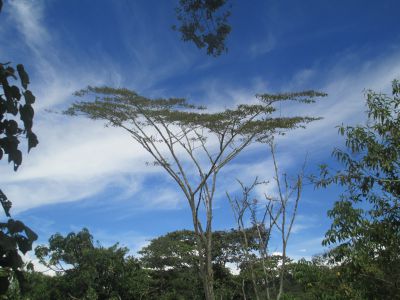
Countries that focus merely on exporting raw materials will continue to suffer from low average incomes and high poverty rates. Economic development requires finding ways to produce goods and services, not just raw materials, that are desirable to a nation’s trading partners. And, for development to be sustainable in the long run, it is crucial that (1) the economic benefits of trade are distributed fairly among all members of society and (2) the ecosystems, or “natural capital,” vital to life on planet earth are protected and maintained.
Highland Products, located in the city of La Merced, is a pioneer in the area of sustainable development in the Chanchamayo region. It’s founder, Jose Jorge, uses local materials, primarily unprocessed coffee beans and fresh tropical fruits, to produce consumer goods — roasted coffee, dried bananas, guanabana marmalade, mango juice and other exotic products — that he markets to health-conscious consumers in Europe and North America.
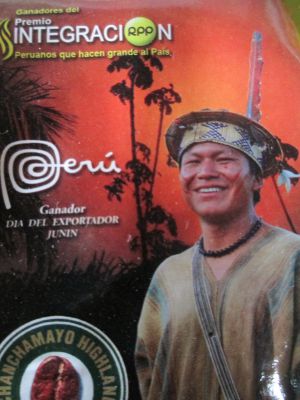
Highland’s business model relies on fair-trade practices, paying above-market prices for the green coffee beans and fresh fruit it purchases from local growers and providing a healthy working environment for its employees. In addition, organic certification and the company’s promotion of bio-dynamic production methods helps to protect the land, water and air that are essential for human health as well as future productivity. No organization is perfect, of course, and Highland has its share of critics. But the company’s ambitious efforts to make a name for the Chanchamayo region in the Global North have set it apart. And its single-origin coffee and tropical fruit products are absolutely delicious.
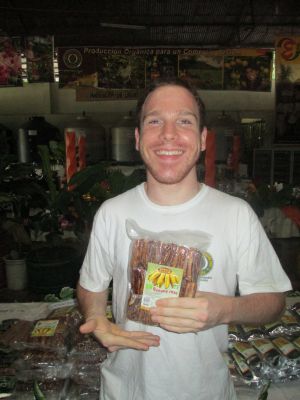
Alex arrived at Highland Products ready to work in whatever capacity was needed. This is mid-summer in the southern hemisphere, harvest season for many of the tropical fruits and the very beginning of the coffee season. Jose quickly put Alex to work in the production area, suiting him up in the white boots, apron and hat utilized by the rest of the production team. Alex helps to prepare fruit for processing, assists with the production of jams and dried fruits and assists with the roasting, grinding and packaging of coffee. Jose has also asked Alex to accompany him on trips to visit farms and purchase equipment and supplies for the business. Alex is a focused and capable worker who is well-liked by his coworkers. His wide grin and easy-going attitude make him a great addition to the team, whose members are delighted to have a hard-working North American in their midst as they labor to turn the bounty of nature into a living wage and a sustainable livelihood for the people who call the Chanchamayo region home.

